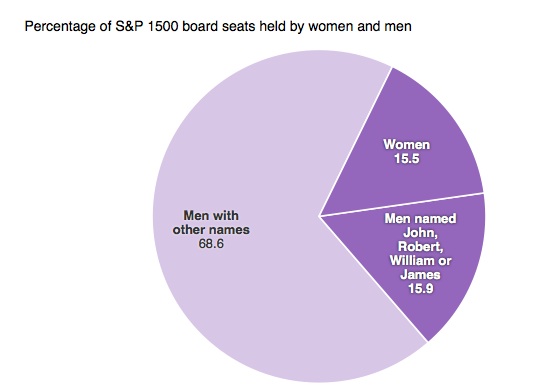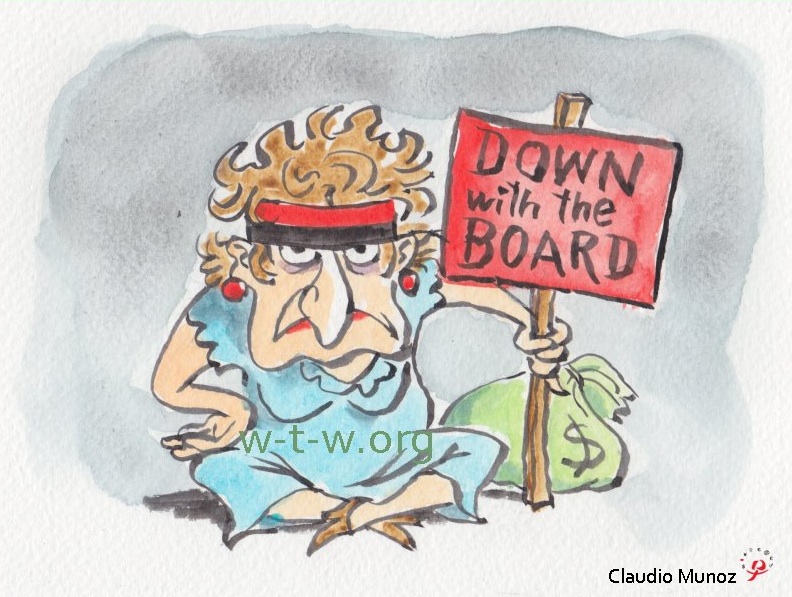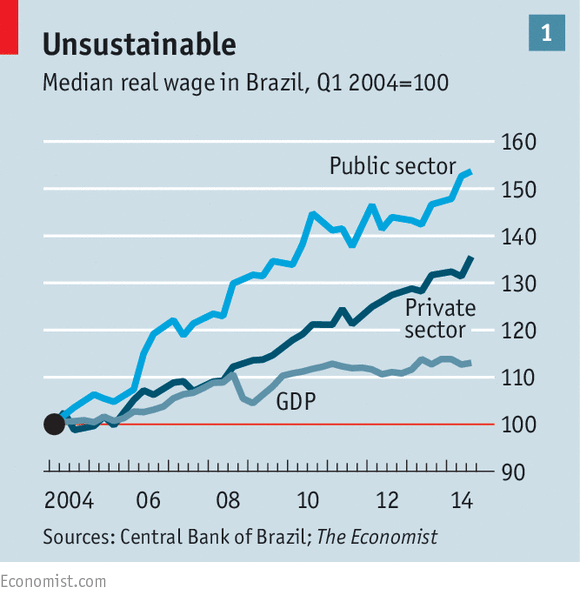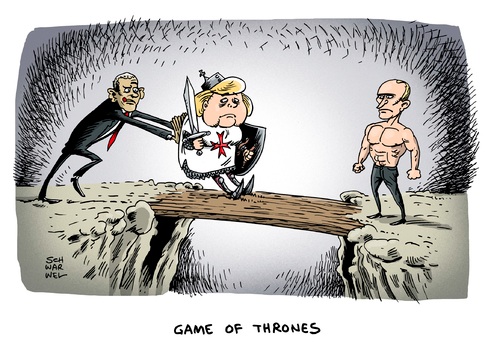Former Rep. Henry Waxman, who has tangled with industries including Big Tobacco, Big Coal and Big Pharma, thought his congressional experience would position him to help a large law firm advise corporations.
As his retirement from Congress neared, he wrote a business plan, sent it to public-policy group managers and talked to peers who’d preceded him in private practice. A lawyer before he entered Congress 40 years ago, Waxman believed he could “give good counsel to people who have issues that I could help them think through.”
But after more than a month of searching, the fifth most senior Democrat in the U.S. House has changed his mind. K Street, it seems, isn’t for everyone.
Waxman had run up against the contradictions many politicians face when they leave Capitol Hill. He felt comfortable as an advocate, but didn’t want to lobby. He would work hard, but not full-time. He could advise companies, but not be a hired gun to any paying customer.
Few large general-service firms with public policy shops fit this ideal. The firms serve companies across many industries and can be sensitive about offending those clients. And Waxman’s résumé read like a hit list of corporate America.
As a past chairman of the House Oversight Committee and of the Energy and Commerce Committee, he was a force behind passage of the 1990 Clean Air Act amendments, which targeted coal power plant emissions; the Family Smoking Prevention and Tobacco Control Act; and the Affordable Care Act.
Even the Hatch-Waxman Act—which Waxman in his business plan calls the “Waxman-Hatch” Act—cut away power and money from brand pharmaceutical companies. On the other hand, it empowered the generic drug industry.
The Chamber of Commerce gets more specific: Waxman voted in line with business interests only 27 percent of the time during his career. That places him among the 25 least business-friendly House members in office as of 2013, as defined by the Chamber.
Waxman said late last week that he would join his son Michael in a four-person D.C. public relations company called Waxman Strategies.
Bidding typically is intense for former lawmakers in D.C. lobbying shops, with former senators going for at least $1 million and House members for about $500,000. “It’s a lot of money. That would be the great advantage. But money’s not everything,” Waxman said of the legal industry.
Waxman added: “I’m not changing my views. I’m proud of the work I’ve done and I want to continue working on things I think work well.”












